Data storage companies Toshiba and SanDisk announced a new flash memory chip designed to address the growing use of large media files
Published:
11 February 2005 y., Friday
Data storage companies Toshiba and SanDisk announced a new flash memory chip designed to address the growing use of large media files.
The joint development partnership has produced a chip that accommodates 8-gigabits (Gb) of storage. Made using 70-nanometer (nm) process technology, the computer memory chip is based on a NAND design, which makes it suitable for storing music, video and other data. Toshiba and SanDisk said products based on their new flash memory technology should start rolling out this summer.
The companies said the 8Gb chip will become "the production workhorse" for the joint venture between Toshiba and SanDisk. At a size of 146-millimeters, the 8Gb chip has a density of 6 billion bits or 3 billion transistors per square centimeter (20 billion transistors per square inch of silicon). The companies said they also plan to commercialize a 16Gb NAND flash memory component that stacks two of the 8Gb NAND flash memories in a single package.
The new NAND flash memory chip uses multi-level cell technology that lets two bits of data be stored in one memory cell - in effect doubling the memory capacity. The circuit design is less than 5 percent larger than the previous generation 4Gb chip on 90-nanometer. Toshiba and SanDisk said they also increased the speed at which the chip writes data with a combination of burst mode techniques and high read bandwidth.
Production of the chip falls right in-line with Toshiba's previously announced roadmap and is designed to compete against the largest flash memory producer, Samsung.
Šaltinis:
internetnews.com
Copying, publishing, announcing any information from the News.lt portal without written permission of News.lt editorial office is prohibited.
The most popular articles

The European Commission announced today the award of three of the six contracts for the procurement of Galileo’s initial operational capability.
more »
 South Korea is pushing forward with a plan to completely digitize its classrooms by 2015.
more »
South Korea is pushing forward with a plan to completely digitize its classrooms by 2015.
more »
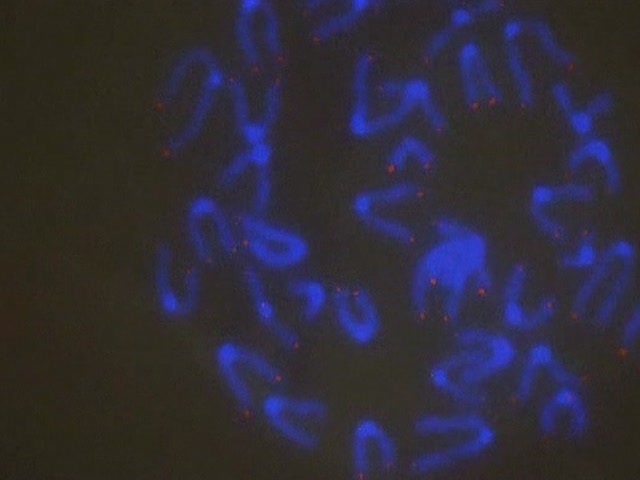 A blood test that determines the length of telomeres, the protective caps at the ends of chromosomes that wear down as we get old, are now on sale to the public. The researchers who developed the test say it will allow people to get a sense of how fast they are ageing.
more »
A blood test that determines the length of telomeres, the protective caps at the ends of chromosomes that wear down as we get old, are now on sale to the public. The researchers who developed the test say it will allow people to get a sense of how fast they are ageing.
more »
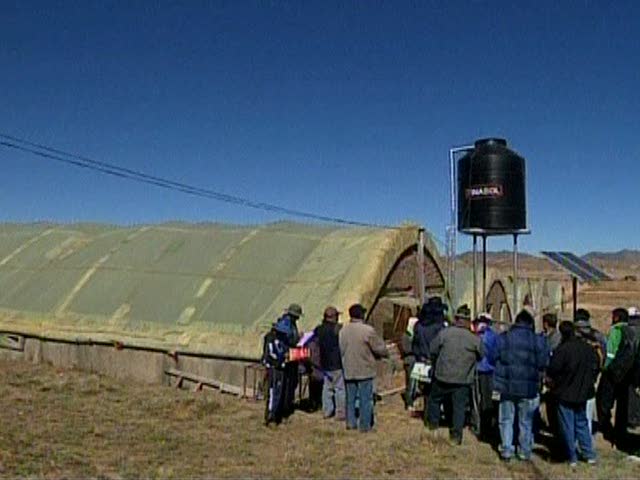 On the windswept high plains of Bolivia, an energy revolution is under way. Small communities, never connected to the power grid, now have access to electric power for the first time through solar and wind power systems, introduced one village at a time by engineers at a Cochambama University.
more »
On the windswept high plains of Bolivia, an energy revolution is under way. Small communities, never connected to the power grid, now have access to electric power for the first time through solar and wind power systems, introduced one village at a time by engineers at a Cochambama University.
more »
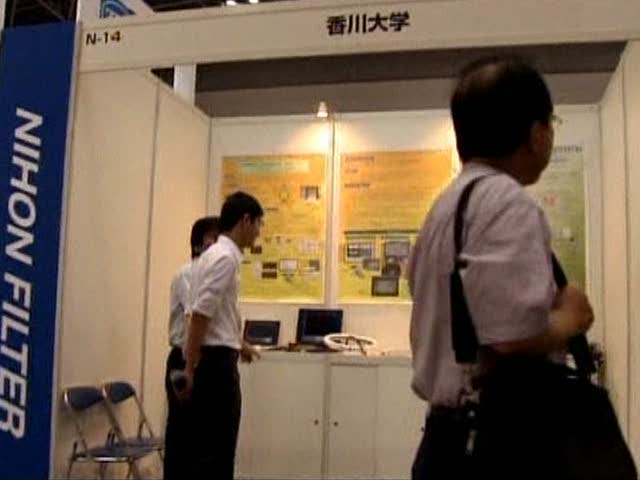 A robotic mouth may not seem like a must-have accessory for your robotic workforce but Japanese researchers say that future human-robot communications may well depend on such devices. The mouth was just one of many robotic innovations on display at this year's Robotech expo in Tokyo.
more »
A robotic mouth may not seem like a must-have accessory for your robotic workforce but Japanese researchers say that future human-robot communications may well depend on such devices. The mouth was just one of many robotic innovations on display at this year's Robotech expo in Tokyo.
more »
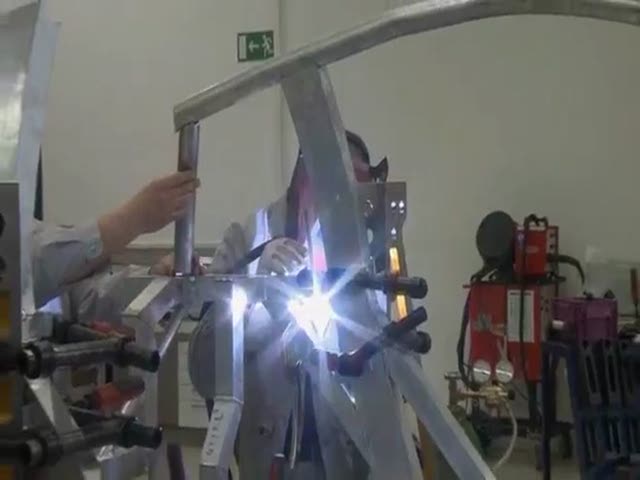 Scientists from Munich's Technical University will be joining the world's major car manufacturers at the Frankfurt Auto Show later this year, with an electric vehicle they have designed and built themselves.
more »
Scientists from Munich's Technical University will be joining the world's major car manufacturers at the Frankfurt Auto Show later this year, with an electric vehicle they have designed and built themselves.
more »
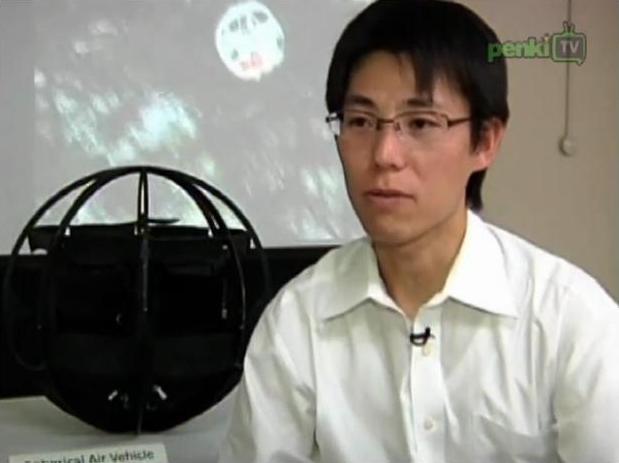 Researchers from Japan's Ministry of Defense have developed an unmanned aerial vehicle with a difference.
more »
Researchers from Japan's Ministry of Defense have developed an unmanned aerial vehicle with a difference.
more »
 An Israeli company hopes to revolutionize the green solutions market with solar windows that combine electricity production, energy reduction and transparent design.
more »
An Israeli company hopes to revolutionize the green solutions market with solar windows that combine electricity production, energy reduction and transparent design.
more »
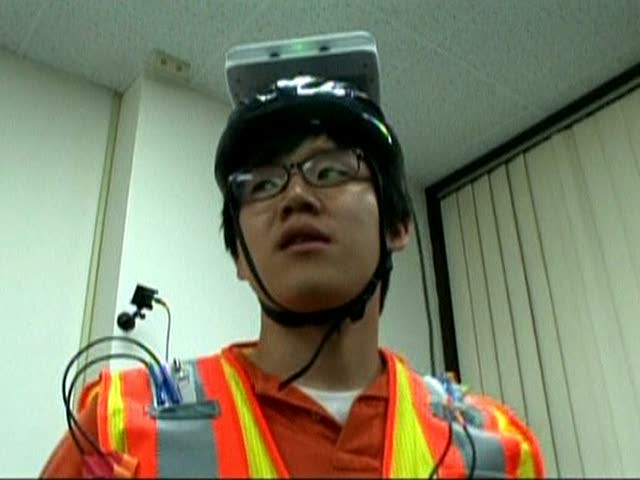 Guide dogs and white canes have, for years, helped the blind and visually impaired navigate the world around them but soon, technology may also have an important part to play.
more »
Guide dogs and white canes have, for years, helped the blind and visually impaired navigate the world around them but soon, technology may also have an important part to play.
more »
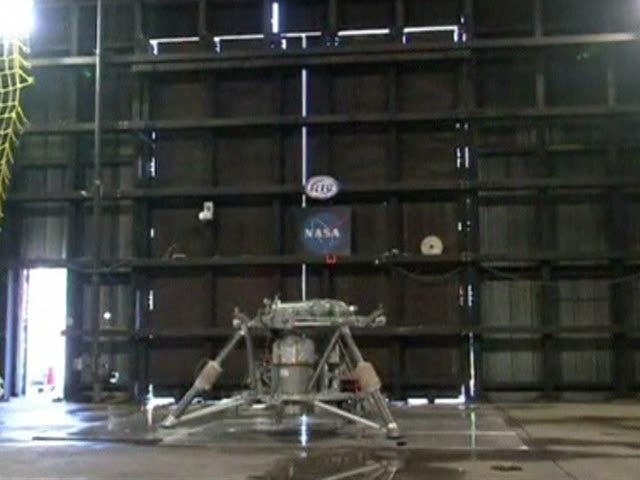 Infrared video released by US space agency, NASA, shows how future robotic landers might hover and land autonomously on asteroids or lunar surfaces. The agency has been testing the compact vehicles for missions to airless environments where parachutes will not work.
more »
Infrared video released by US space agency, NASA, shows how future robotic landers might hover and land autonomously on asteroids or lunar surfaces. The agency has been testing the compact vehicles for missions to airless environments where parachutes will not work.
more »
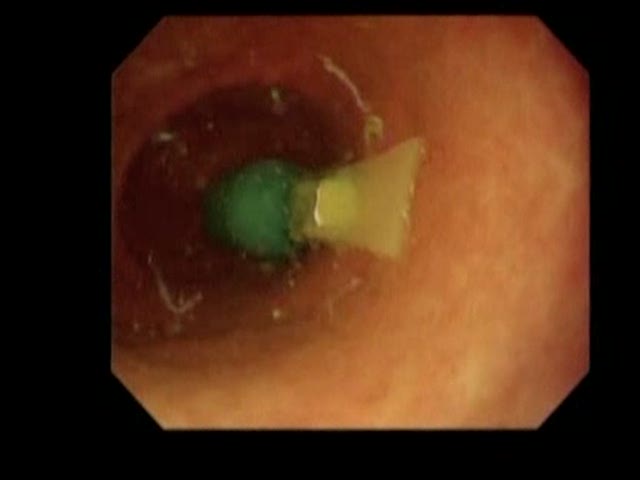 Small fin-propelled robots may soon be plunging in to the depths of the human body, helping patients find checkups easier to stomach.
more »
Small fin-propelled robots may soon be plunging in to the depths of the human body, helping patients find checkups easier to stomach.
more »